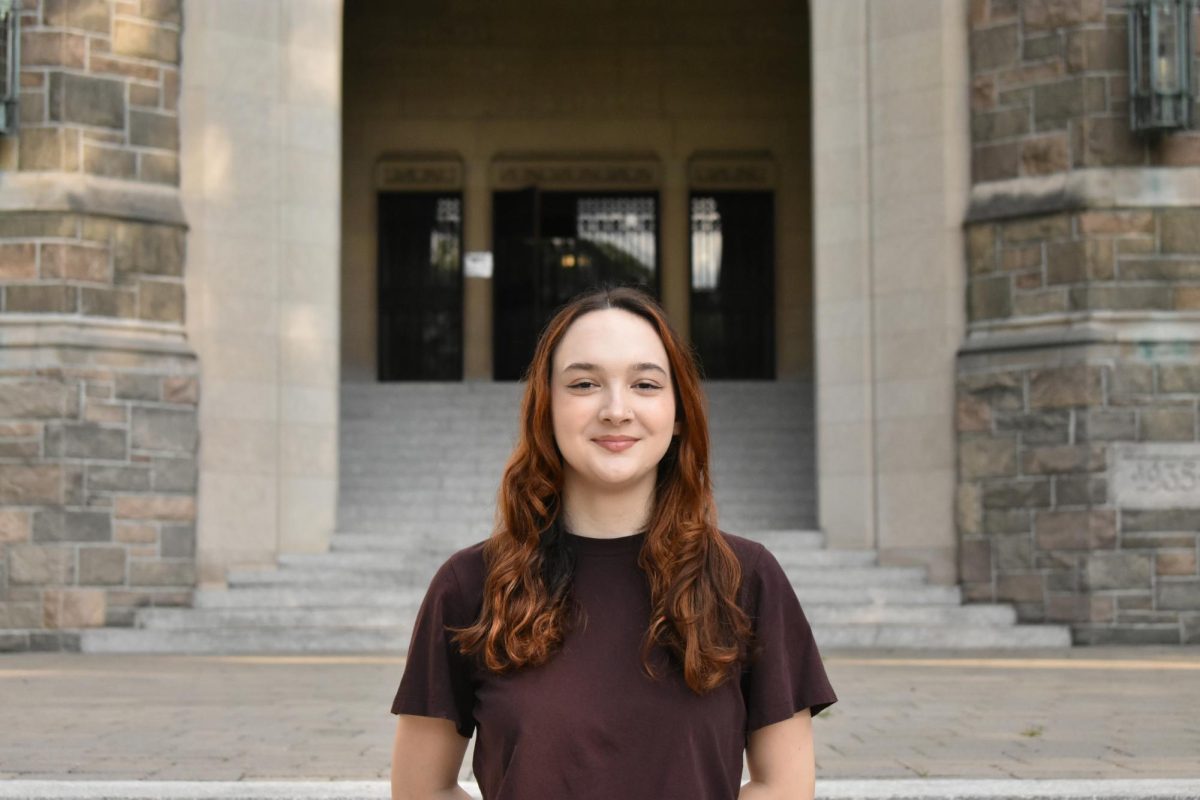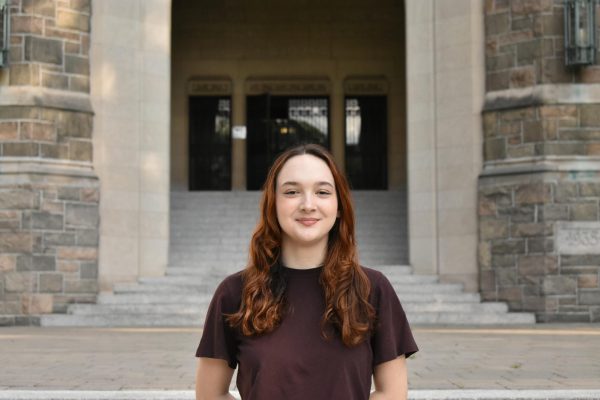French sociologist Émile Durkheim coined the term “collective consciousness” to describe a belief system he felt unified society. He insisted that despite each individual’s differences, there were core tenets to being human that made us one — an invisible string which keeps us tied together.
On one end of the spectrum, contemporary applications of this idea can be seen in the sharing of memes, the growing prevalence of solidarity movements and the power of the Internet to enable cross-cultural understandings. However, the worst of Durkheim’s theory coexists parallel to societal solidarity. The pervasiveness of online echo chambers — giving way to the metastasization of bigotry — as well as a rise in mis- and disinformation have resulted in an onslaught of separatism amongst the American public and across the globe.
Like the rest of the class of 2024, I packed up my things and arrived in New York for my first year of college amidst the COVID-19 pandemic. It was a harrowing time; the pre-vaccine era was filled with so much confusion, fear and disorganization. Nevertheless, I marched on through a field of online Zoom classes, zero peer-to-peer interaction and pandemic restrictions galore. During this time I observed the country’s collective consciousness to be one filled with tremendous anxiety but also — to a certain degree — unity, as we shared a once-in-a-lifetime experience that would undoubtedly shape the rest of the century.
Somewhere along the line, things changed. When the first vaccines were introduced, it was like we had permission to live our lives again. But the pandemic was still ongoing, and while myself and thousands of others proceeded with caution, there were many who hit the ground running in an attempt to make up for stolen time. It was no longer trendy to wear a mask or social distance or make Dalgona coffee during quarantine, even though thousands of people were still dying every day. In May 2022, the U.S. reached a milestone: one million people died from COVID-19. And that number continues to rise.
Make no mistake: the pandemic is ongoing. But the world has entered a period known tentatively as “post-pandemic,” where we are able to look back and observe our behavior from months and years prior. It has also heralded a new phenomenon known as post-truth politics; the rise of COVID-19 ushered a new wave of conservatism in the United States, especially right-wing extremism, as displayed on Jan. 6, 2021 in the nation’s capital. And this conservatism is not the Reaganomics or Rockefeller Republicanism of years past, but a much more dangerous fantasy of control, manipulation and sedition.
As I prepare to graduate this May, I have been reflecting on what this year’s collective consciousness looks like. I know on a micro level, I have been lucky enough to be surrounded by some of the brightest people I know in B-52 every Tuesday. The resident hall staff of Loschert, O’Hare and Finlay have given me more than I could ever realize I needed in wisdom, comfort and solidarity. Each one of my professors have shaped me in an infinitesimal way, and the friends that I have made during my time here are hands I will hold for as long as I’m earthside.
Around us, there is chaos. Society has experienced wars longer than some natural lives, violence incongruent with our God-given humanity and disarray that seems impossible to solve. There has been grief and loss and love and, again, loss — more than anyone could have ever anticipated. I feel privileged in the fact that no matter what is happening around the world, I am lucky because of those I am fortunate enough to live alongside, and that is much stronger than any fear or frustration I have ever felt. And I hope one day it is enough for the rest of our world, too.






































































































































































































